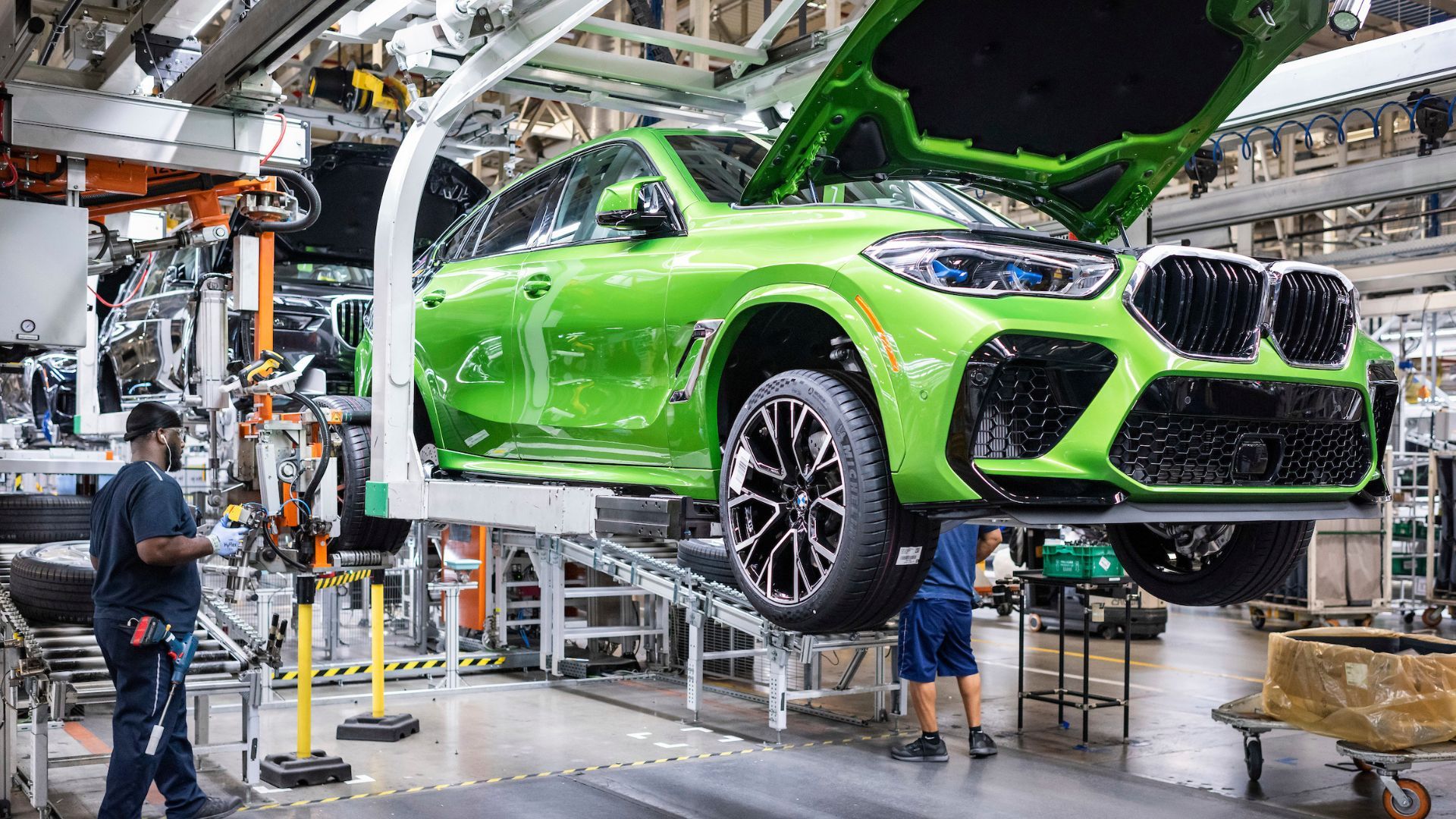And the German automaker is looking at bigger profits…
For the past two years we’ve been hearing constantly about failed supply chains, leading to shortages and increased prices. However, it looks like that’s easing up, but that doesn’t mean we’re out of the woods yet. At least that’s what BMW’s production head, Milan Nedeljkovic, told Reuters last week.
Learn how Porsche is making documenting your car’s history easier here.
The man was pretty chipper about the news since he thinks it will lead to fatter profit margins for BMW in 2023. It looks like some other automakers are forecasting a similar situation. While supply chains have seemingly stabilized, stock at dealerships is on the climb. However, another problem is emerging.
Part of the reason why dealers have more and more cars on hand is that interest rates have been climbing as well. That means fewer people can qualify for loans to buy those ever-more-expensive new vehicles. Even if they do qualify, their purchasing power is diminished, meaning they get less car for their money than ever before.

But wait, it could get much, much worse. Elon Musk last week said he believes the Federal Reserve is too busy looking at what’s been happening with inflation that it’s taking the wrong trajectory. Instead of forecasting what’s coming down the road, the Fed has been ratcheting up interest rates at a time when Musk, and others, believe deflation is the next part of this economic rollercoaster.
Before you get too excited at the prospect of prices in the auto market and just about everywhere going down, realize the results could be disastrous. For example, deflation from 1929 to 1932 in the United States resulted in a loss of demand for certain goods and services as people held onto their money longer. That, in turn, led to mass layoffs for many workers.
In other words, we might be simply trading one problem for another. But at least BMW’s profit margins will be increasing since that’s what truly matters.
Sources: Reuters, The Wall Street Journal
Images via BMW





